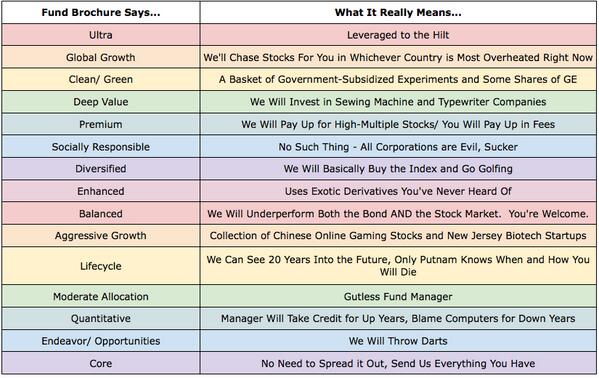
Openeurope.org.uk has put together a paper of the most blatant half-truths, propaganda, and outright lies, abused by Europe not only over the past month, but also over the past 10 years, for the entire duration of the now rapidly collapsing eurozone experiment. As the paper notes: “More than ten years since the euro was launched, and with the single currency facing its greatest ever crisis, the parameters have radically changed. Amid all the uncertainty, one thing has become painfully clear: the EU elite simply got it wrong on the euro.” The authors demand for “a call for greater honesty about the future of European cooperation and a reminder of the urgent need to find a new model that is both politically and economically sustainable” is just as valid in Europe as it is in the US: any system based on lies and opacity is doomed to failure. Europe found this out the hard way. We will too unless somehow we restore the basic truths like transparency, honesty and integrity, instead of merely campaign promises and teleprompter soundbites.
A sampling of the best quotes:
THE DOZEN WORST BROKEN PROMISES AND RECKLESS PREDICTIONS
“The Community shall not be liable for or assume the commitments of central governments, regional, local or other public authorities, other bodies governed by public law, or public undertakings of any Member State, without prejudice to mutual financial guarantees for the joint execution of a specific project”.
– Article 104b, Maastricht Treaty, 1992.
“We have a Treaty under which there is no possibility of paying to bailout states in difficulty”.
– German Chancellor, Angela Merkel, 1 March 20101.
“[Greek Prime Minister] Papandreou has said that he didn’t want one cent. The German government will not give one cent, anyway“.
– German Economy Minister, Rainer Brüderle, 5 March 2010.
“The single currency, far from being an agent of continental style corporatism, is probably the greatest export vehicle of Anglo-Saxon economics. The euro has done more to enforce budgetary discipline, to promote privatisation and force through labour and product market liberalisation in the rest of Europe than any number of exhortations from the IMF, the OECD, or the editors of The Economist”.
– Lib Dem leader, Nick Clegg, 2002.
“The reality of the euro has exposed the absurdity of many anti-European scares while increasing the public thirst for information. Public opinion is already changing […] as people can see the success of the new currency on the mainland and the alarming fall in inward investment into Britain as international companies show an increasing reluctance to locate here”.
– Kenneth Clarke MP, 2002.
“The euro has been a rock of stability, as illustrated by the contrasting fortunes of Iceland and Ireland. Joining the single currency would be a major step”.
– Former Labour MEP Richard Corbett, 2009.
“We must enter the euro with a clean sheet on all the criteria”.
– Then Greek Finance Minister, Yannis Papantoniou, 1999.
“The thrust of the spirit and of the letter of the Treaty is that everything is done to construct the euro area as an optimum currency area. First by ensuring that it incorporates economies that have already proved being convergent in the fiscal field as well as in the monetary and financial fields”.
– Then Governor of the Bank of France, Jean-Claude Trichet, 1997.
“It is sometimes said that while the single monetary policy may be ‘right’ for the euro area as a whole, it is ‘wrong’ for many individual countries within the area. I disagree with this view. First, it overlooks the fact that within a single currency area adjustment can occur via prices and wages”.
– Then President of the European Central Bank, Wim Duisenberg, 1999.
“Solidarity is possible, [and] will exist. A bailout is not possible and will not exist”.
– Then EU Commissioner for Economic and Monetary Affairs, Joaquín Almunia, 29 January 2010.
“I will defend European Central Bank’s independence under any circumstance and with all my strength”.
– ECB President, Jean-Claude Trichet, 2007.
“The euro is a protection shield against the crisis”.
– European Commission President, José Manuel Barroso, 5 February 2010.
“THE EURO WILL REMAIN STABLE AND EUROZONE COUNTRIES WILL BE PROTECTED FROM CRISES”
What they said then (more…)







